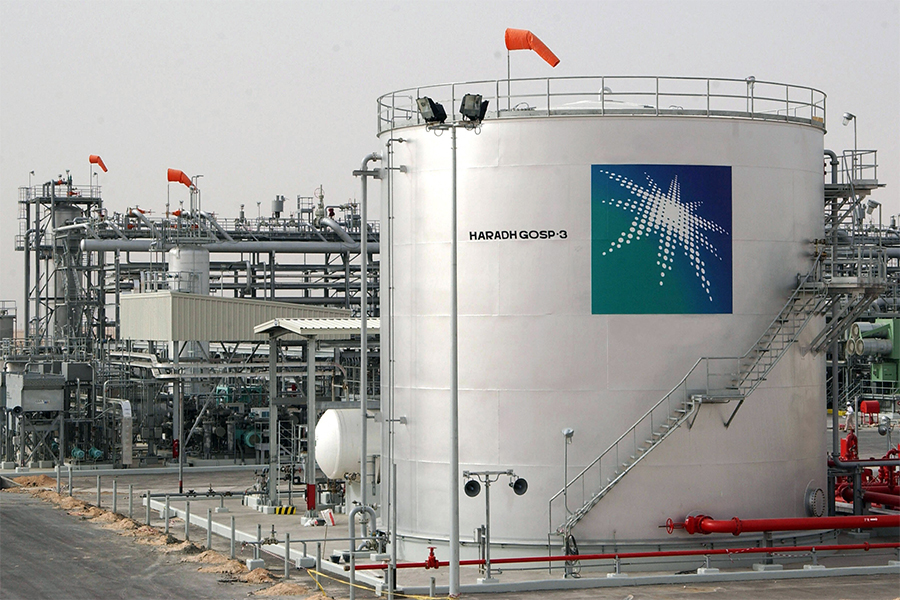Saudi Arabia's healthcare sector witnessed a milestone this week with the initial public offering (IPO) of Dr. Soliman Abdel Kader Fakeeh Hospital Co. (Fakeeh Care), the largest IPO in the kingdom this year. However, the celebratory mood was tempered by the shadow of a much bigger financial event:the secondary share offering of oil giant Saudi Aramco.
Fakeeh Care's IPO, valued at 2. 86 billion riyals (approximately $760 million), received overwhelming investor interest. Institutional investors submitted bids exceeding 341 billion riyals, a staggering 119 times the shares allocated to them. This level of demand signifies the immense potential of the Saudi healthcare sector, which is experiencing rapid growth fueled by an aging population and rising healthcare expenditure.
Despite the positive outlook for the company, Fakeeh Care's debut on the Saudi Stock Exchange (Tadawul) fell short of expectations. The stock closed 10% above its offer price of 57. 5 riyals, marking the smallest first-day gain for a major Tadawul listing in the past year. Analysts attributed this muted performance to the simultaneous offering of shares by Saudi Aramco, the world's largest oil producer.
Aramco's secondary share sale, valued at $12 billion, attracted significant investor attention. This mega-offering inevitably drew a portion of liquidity away from the Tadawul, impacting the short-term performance of other IPOs, including Fakeeh Care. Investors, particularly those with limited capital, may have chosen to prioritize participation in the Aramco offering due to its sheer size and potential for long-term returns.
The Aramco effect, however, does not diminish the significance of Fakeeh Care's IPO. The company's strong investor demand reflects growing confidence in the Saudi healthcare sector. With a focus on high-quality private healthcare services, Fakeeh Care is well-positioned to capitalize on the increasing demand for specialized medical care within the kingdom.
Furthermore, Fakeeh Care's successful IPO paves the way for other healthcare companies seeking to raise capital on the Tadawul. This development could fuel further expansion and innovation within the sector, ultimately benefiting both patients and investors in the long run.
Looking ahead, the Saudi government's focus on diversifying the economy beyond oil presents significant opportunities for the healthcare sector. Increased investment in infrastructure, medical research, and public health initiatives is expected to drive continued growth in the coming years. This growth trajectory, coupled with the success stories like Fakeeh Care's IPO, will likely attract even greater interest from both domestic and international investors.

